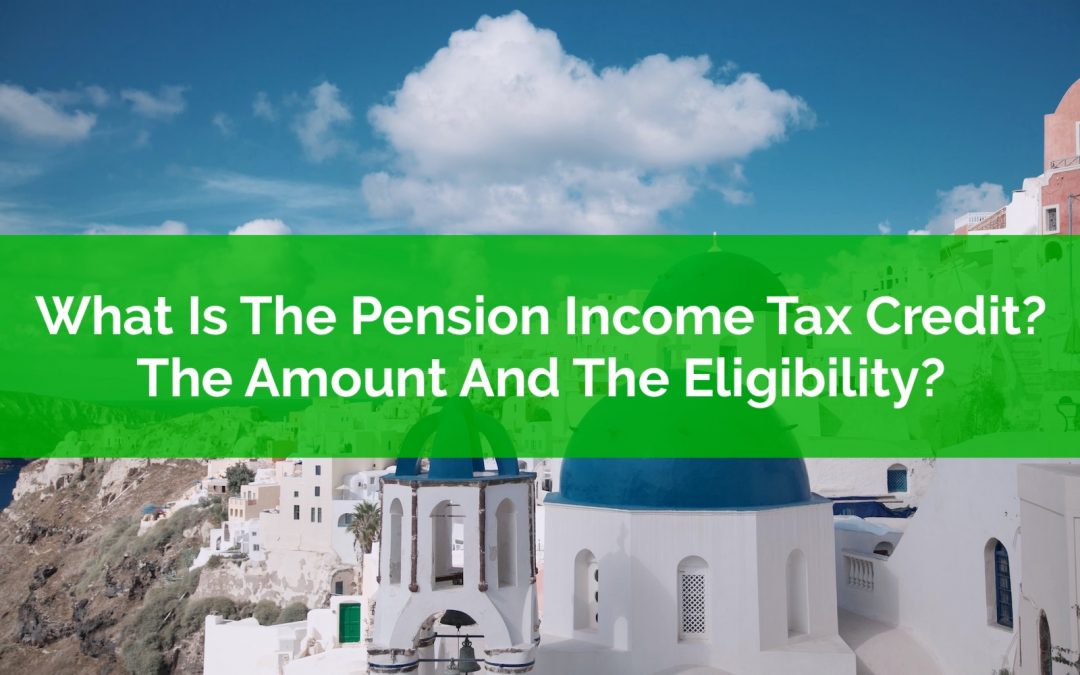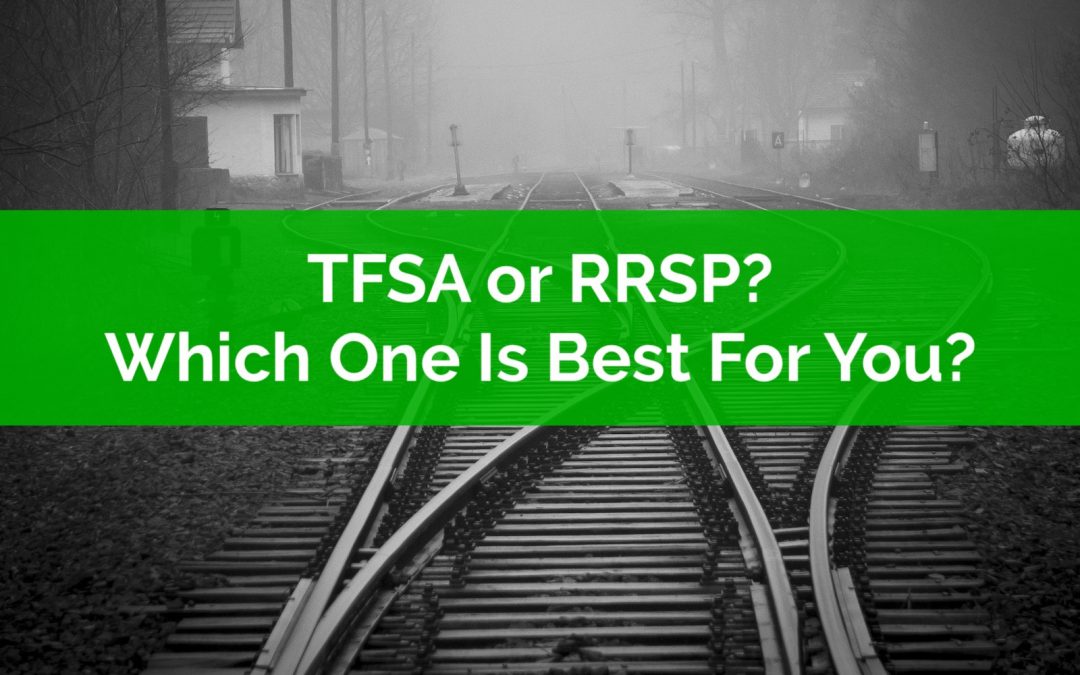
by Owen | Oct 3, 2021 | Retirement Planning, Tax Planning
When it comes to retirement there is a lot of focus put on the RRSP. The Registered Retirement Savings Plan seems like an obvious choice for retirement (it even has retirement in the name after all!). But for many of us an RRSP isn’t necessary, and it might even be counterproductive!
There’s a new retirement account on the block and it’s called the TFSA. Just over 10 years old, the TFSA is relatively new to the retirement savings game. Starting in 2009, it changed the way we look at retirement savings.
If you’re new to RRSP vs TFSA debate, it’s important to know that there are pros and cons for each account. RRSP’s do have the advantage in a few different areas, especially if you have high income or have a family and receive child benefits (either the Canada Child Benefit or a provincial child benefit). TFSA’s also have their share of benefits too. For low- and middle-income households, the TFSA has a few big advantages.
When deciding which is the right one for you need to look at multiple factors. Factors like income taxes, government benefits, creditor protection, and even human behaviour.
When deciding between the TFSA or the RRSP the key thing to remember is that you don’t actually NEED an RRSP to retire. Someone can easily retire with only a TFSA.
There are four things you need to know if you’re going to avoid the RRSP and only use the TFSA for retirement…

by Owen | Sep 20, 2021 | Behavioral Finance, Budgeting, Financial Goals, Financial Planning, Income, Retirement Planning, Saving Money, Tax Planning
In a world filled with uncertainty a financial plan has this amazing ability to predict the future.
It can help predict future income, expenses, assets, and debts. It can help predict if you’ll be financially secure in the future or if you’ll be eating cat food. It can help predict if you need to save more to achieve your goals or if you can spend more now and enjoy today. In can help predict if you’ll run out of money in retirement or if you’ll end up with millions.
A financial plan isn’t a perfect prediction of course. It’s based on certain assumptions. But good assumptions can create a good prediction. There will still be some chance of the future working out differently than planned, but with a path mapped out the future becomes very real and very achievable.
They say that “failing to plan is planning to fail”. A financial plan will help you know where you’re going. It will help you create a clear roadmap to follow. If you can hit the milestones on the roadmap then success is all but guaranteed.
Here are just a few ways that a financial plan can help you predict the future and make it a reality.

by Owen | Sep 13, 2021 | Retirement Planning, Tax Planning
After reaching age 65 there are a couple of tax credits that we become eligible for. These tax credits vary in the amount of tax they save, but in general they help decrease income tax payable for those over the age of 65, and they can be very helpful to lower taxes in retirement.
But with some of these tax credits, they only apply if you have certain types of retirement income, and the pension income tax credit is one of those tax credits.
The pension income tax credit is one of a couple of tax credits that become available to everyone after age 65 (there is also the Age Amount Credit) but some people can access the pension income tax credit earlier than age 65 if they have certain types of retirement income.
All of these tax credits add up to provide a significant amount of tax savings in retirement, so it pays to understand the various credits and how to qualify for them.
The pension income tax credit provides a tax credit of $2,000 federally and between $1,000 to $2,000 depending on the province.

by Owen | Aug 16, 2021 | Financial Planning, Retirement Planning, Tax Planning
Both the Tax-Free Savings Account (TFSA) and the Registered Retirement Savings Plan (RRSP) are tax-sheltered accounts offered to Canadians by the government as a way to help save and invest without the drag of income tax on annual returns.
Although both are great ways to help grow your money, it can be difficult to decide which one is best for you.
Often one type of account is better for an individual than the other. In most cases we would prefer to maximize one of these accounts before moving on to the next.
Which account we choose, TFSA or RRSP, will depend on a number of factors. These factors may change over time. It’s reasonable to assume that a new grad entering the work force would be better suited to maximizing their TFSA first but as their income grows they may prefer to start focusing on their RRSP instead.
This decision between TFSA or RRSP often involves looking at your marginal effective tax rate today and your marginal effective tax rate in the future. You marginal effective tax rate is your income tax rate PLUS the claw back rate you experience from government benefits.
Making the right decision between TFSA or RRSP can help save $100,000’s over time.
It can mean paying thousands LESS in income tax and it can mean qualifying for thousands MORE in government benefits (like the Canada Child Benefit (CCB) or the Guaranteed Income Supplement (GIS) or one of dozens of other government benefits that are available).

by Owen | Jul 19, 2021 | Buying A Home, Financial Planning, Retirement Planning, Tax Planning
There are a number of personal and financial benefits when owning a home. There is the stability, the forced savings of mortgage payments, the potential for appreciation etc. etc. But there are two somewhat less obvious benefits of owning a home.
These benefits will help homeowners financially, both before retirement in the accumulation phase and also after retirement in the decumulation phase. These benefits will make it easier for homeowners to achieve their financial goals, decrease taxes, and minimize government benefit clawbacks.
In this post we’re going to explore two, perhaps hidden, benefits of owning a home.

by Owen | Jun 14, 2021 | Financial Planning, Insurance And Risk Management, Tax Planning
When you’re thinking about your financial future it’s important to consider risk. There are your typical risks, like the risk of losing money with investments, the risk of passing away unexpectedly, or the risk of not being able to work for an extended period of time. These are all common risks we need to plan for.
But there are also other risks too, ones that many of us might not include in our plans. These risks are less common, more speculative, but can be just as damaging. Risks like changes to government benefits, increasing tax rates, or changes to tax-advantaged accounts like the RRSP and the TFSA.
Based on age alone, the TFSA is relatively young, it’s barely entering the double digits. Although it was only introduced in 2009 it has already experienced a few dramatic changes during that time.
Anticipating changes to tax-advantaged accounts is an important part of any financial plan. A good plan should have enough room to absorb a few of these unexpected changes without causing major stress.
To ensure your plan is robust you need to anticipate these changes and understand how they might impact your plans.
In this post we’re going to speculate on a few ways that the TFSA could change in the future. This is pure speculation but it’s a good exercise to understand what changes might be possible in the future and how your plan can absorb them if they were to actually happen.
Page 6 of 11«...45678...»






